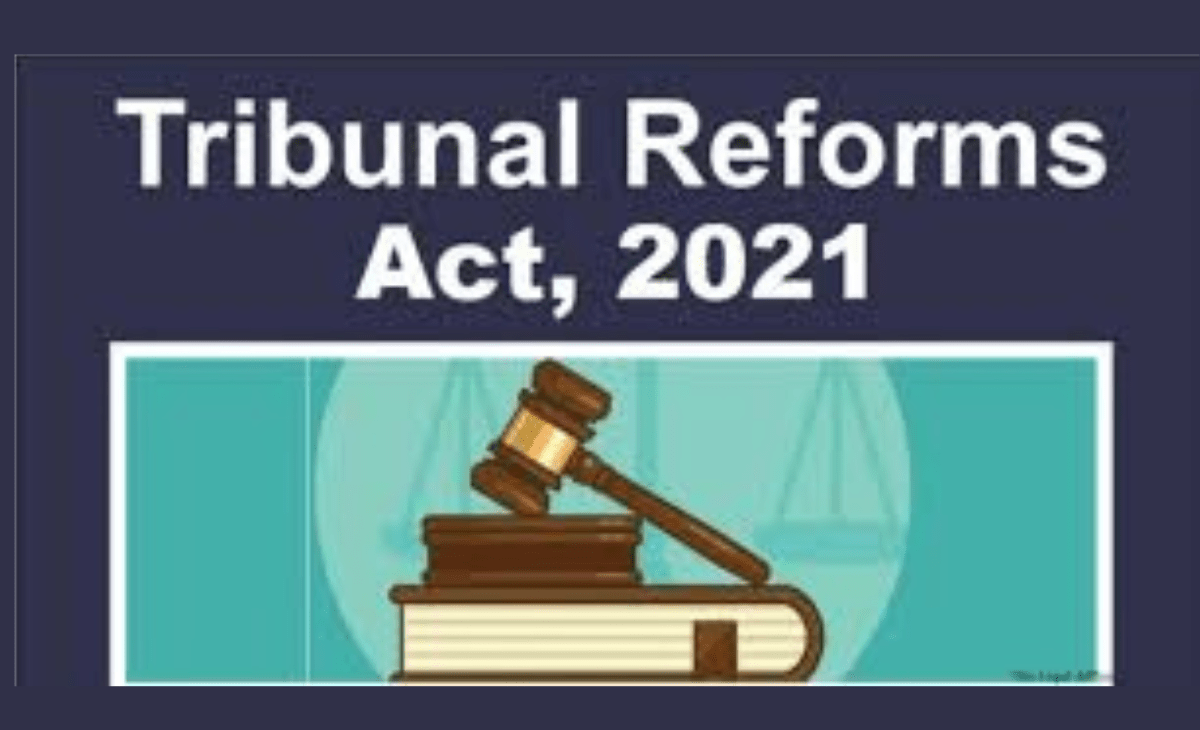Says Centre ‘rewrote the law’ despite clear precedents
TNR News Network
New Delhi: In a significant rebuke to the Union government, the Supreme Court on Wednesday struck down crucial provisions of the Tribunal Reforms Act, 2021, holding that the law attempted to override binding judicial rulings without addressing the constitutional flaws previously identified.
A Bench led by Chief Justice BR Gavai, along with Justice K Vinod Chandran, ruled that the provisions governing the appointment and tenure of tribunal members infringed upon judicial independence and violated the doctrine of separation of powers.
Calling the amendments a form of “legislative overreach”, the Bench observed that the government had effectively re-enacted the very provisions the court had earlier invalidated.
“These provisions cannot be upheld. They compromise judicial autonomy and amount to a legislative rewrite without rectifying any of the defects pointed out in earlier judgments. They are unconstitutional,” the CJI stated while pronouncing the verdict.
The court also voiced sharp displeasure with the Centre for repeatedly ignoring its rulings on the functioning of tribunals. It noted that the Union had made only superficial changes despite multiple directions intended to secure independence in tribunal administration.
National Tribunals Commission ordered within three months
The Supreme Court directed the Central government to set up a National Tribunals Commission within a three-month deadline to bring uniformity, transparency and independence to the appointments and management of tribunals across the country.
The Bench reminded the government that the judiciary’s time should not be wasted revisiting issues already settled through authoritative precedent. “There is huge pendency and such repetitive litigation consumes judicial resources. The government must respect precedent so that time is spent on dispensing justice, not re-litigating settled questions,” it cautioned.
Earlier directives to remain in force until new law is enacted
In its ruling, the court clarified that, until Parliament frames a fresh law consistent with judicial directions, the norms laid down in the previous Madras Bar Association cases will continue to apply. This includes the requirement of at least five-year tenure for tribunal members and eligibility for advocates with 10 years of practice at the Bar.
It also reaffirmed that members of the Income Tax Appellate Tribunal (ITAT) and the Customs, Excise and Service Tax Appellate Tribunal (CESTAT) will continue in service up to 62 years, while their President or Chairperson can serve until 65.
Appointments made before the enforcement of the 2021 Act will be governed by earlier judgments and not by the shortened tenure introduced in the struck-down provisions.
The verdict stems from a 2021 petition by the Madras Bar Association, which argued that the Tribunal Reforms Act violated previous Supreme Court rulings that had clearly set out standards for selection, tenure and independence of tribunal members.
The court also noted, pointedly, that the Centre had sought repeated adjournments in the matter, leading the Bench earlier, on November 6, to remark that such conduct was “very unfair to the court”.





